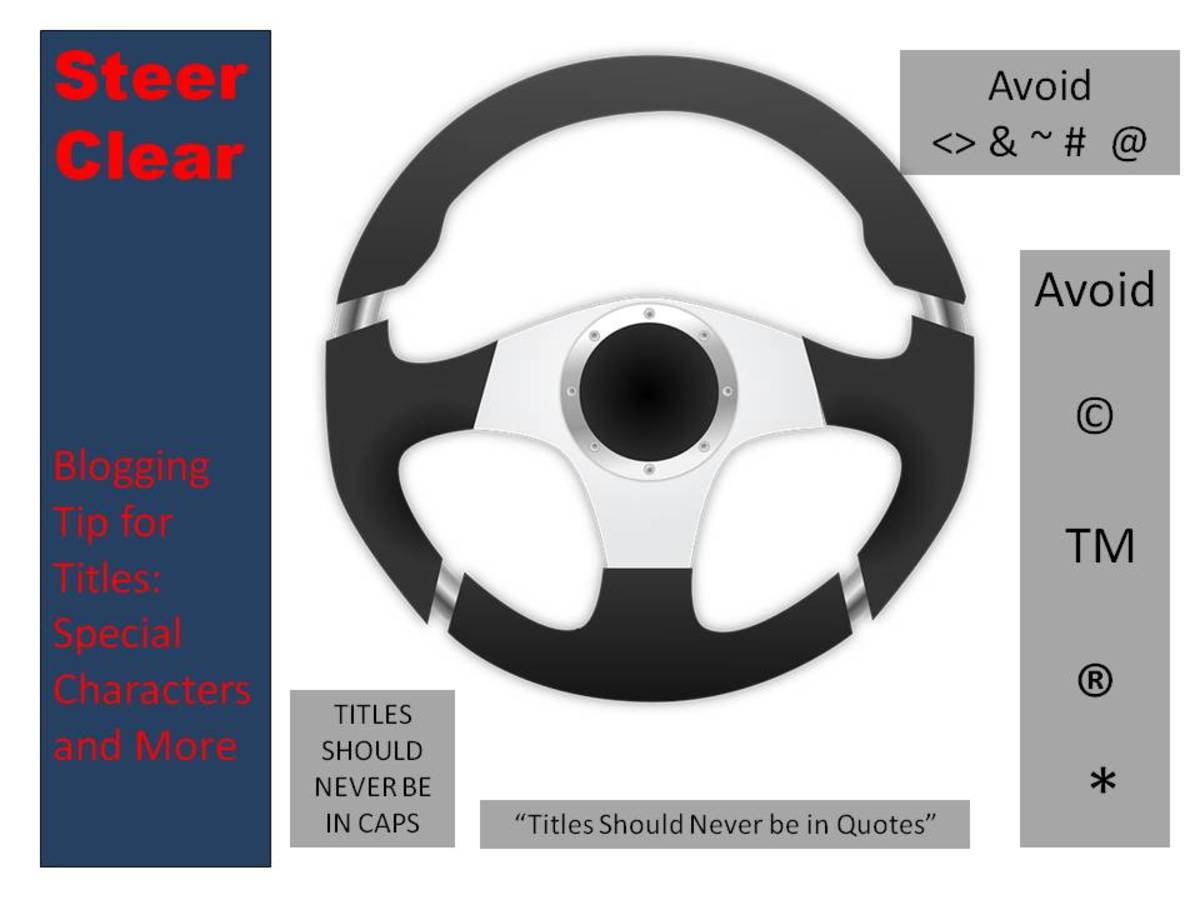SEO MATH - The Official Search Marketing Equation

In the field of search engine marketing, there are a ton of different areas where skill proficiency is a must. If you are new to the arena, back from a hiatus or just need something to help you focus on one area at a time, I have something for you. I use a short and simple equation that organizes all of the search marketing tasks into different groups.
Here she is:
Research + SEO + Link Building = High Search Rankings
Seems like a elementary equation to represent such complex tasks and systems but I assure you, it will help when you need a frame of reference or you get lost in the weeds. As always, the better you become in each area of the equation the better results you’ll achieve.
Part One: Research
The most overlooked area of search marketing is in my opinion, the planning and research necessary to the success of any website online. You should be engaging in keyword research, niche analysis and competitive analysis before you construct your plan of attack or develop any target keyword spreadsheets.
- Analyze keyword difficulty
- Analyze the competitors that currently rank for the keywords you want
- Compile a comprehensive keyword list with at least a metric for keyword difficulty
- Develop your SEO plan of action
Part Two: Search Engine Optimization
Of course, before you decide how the website will be optimized, you’ve got to have a firm grasp on which keywords are going to give you the biggest bang for your buck. Obviously, you should scoop up the keywords that are easiest and put in solid consistent effort in improving your rankings for more difficult long term keyword goals.
Before you build your first link, write your first blog post, submit to digg.com or tell a friend about your website, you must:
- Create unique page titles
- Create unique meta data/information
- Create unique urls using mod-rewrite or something similar
- Fix any canonicalization issues
- Check site-wide architecture and make sure the infrastructure is in tact with no server error pages
- Make sure unique content is on every page
- Don’t ever serve two pages with the same content
If you can’t master the aforementioned tasks, don’t tell anybody until you can.
Part Three: Link Building
So, you want to get your website fully indexed by the search engines and you know you’ve got to get some juicy inbound links to it. Sorry guys, ultimately, if you suck at link building, you’re going to have an impossible time getting the rankings you/your client is looking for. If you’re giving it a shot anyway, here are a few popular ways to accomplish this task!
Manual Link Building (slow): this usually consists of contacting website owners and convincing them to put a link on their website that links to yours. This is totally cool for the more popular websites whose link would benefit your rankings greatly but don’t just go contacting any old Joe with a PR1 blogger blog for a link.
Blog Writing (slow/medium): One of the best ways to build links to your domain is to create an active blog that offers content to an eventual community of users. The topics can usually be directly or tangentially related to your company/product. The con here is that creating a successful blog takes time, creativity and patience which a lot of us don’ t have. If you can weather the storm, the pro of keeping a successful blog severly outweighs the con with thousands of visitors per day becoming the “talkers” for your company often linking your site to others and spreading offline word of mouth as well.
Social Media Marketing (fast): If you engage in social media marketing correctly, this can turn into a link-building powerhouse for you. By far, the most difficult part of this process is creating link-worthy content and refining your promotional skills, two activities that even “web 2.0” experts struggle with.
Remember when optimizing your website and campaigns, you’ll want to make sure you’re using analytics data to make decisions about which tactics work and which ones do not. The power of the search marketing equation should get stronger and stronger over time.
Note: this is by no means the end to the work done in search marketing, but it does illustrate in a quasi-mathematical way, what areas you must focus on for success with your website.








